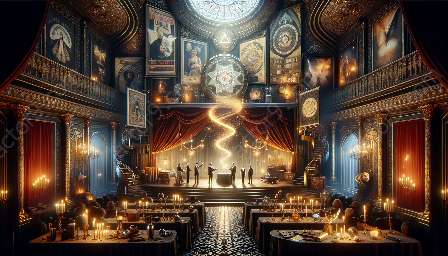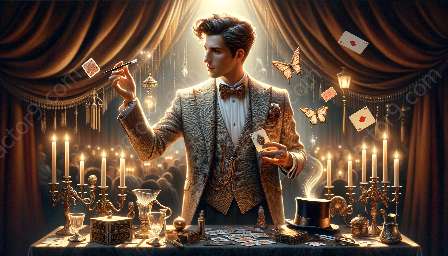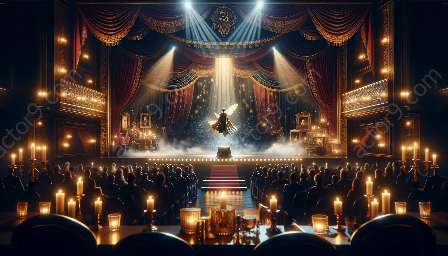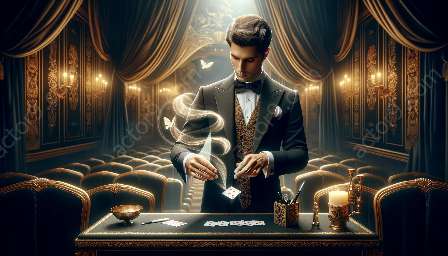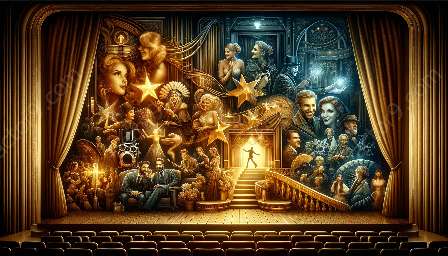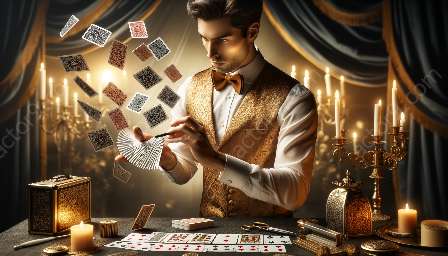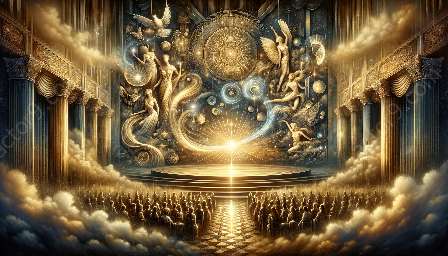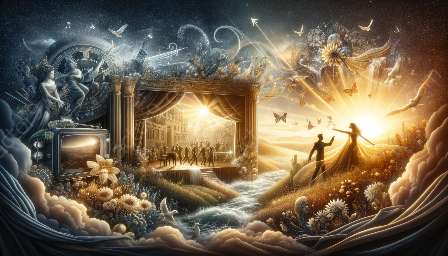Card tricks have captivated audiences for centuries, and part of their allure lies in the psychological elements involved in their perception. Understanding the nuances of human perception and cognition is essential to appreciating the art of card tricks and manipulations, as well as their connection to magic and illusion.
The Psychology of Misdirection
One of the fundamental psychological elements in card tricks is misdirection. Magicians use various techniques, such as verbal distractions, hand gestures, or subtle movements, to divert the audience's attention away from the actual method of the trick. This taps into the concept of selective attention, where individuals focus on specific elements while ignoring others. By skillfully manipulating the audience's attention, magicians create the perfect conditions for the deception to take place.
Cognitive Biases and Perceptual Illusions
Card tricks exploit several cognitive biases and perceptual illusions that are inherent in human psychology. For example, the confirmation bias leads individuals to seek information that confirms their preconceptions, making it easier for magicians to deceive them. Additionally, perceptual illusions, such as the misperception of card movements or the assumption of continuity in visual perception, contribute to the success of card tricks and manipulations.
Memory and Recall
The psychology of memory and recall plays a crucial role in the perception of card tricks. Magicians often rely on the limitations of short-term memory and the fallibility of human recall to create illusions. By introducing rapid sequences of events or subtly altering the presentation of cards, they exploit the weaknesses of our memory processes, making it challenging for the audience to reconstruct the trick accurately.
Emotional Engagement and Suggestion
Card tricks are not purely cognitive experiences; they also engage the audience emotionally and suggestively. Magicians leverage the power of suggestion, inducing the audience to interpret the events in a predetermined manner. Moreover, emotional engagement, such as creating suspense or anticipation, enhances the overall impact of the trick by influencing the audience's emotional state and perception of the outcome.
Connection to Magic and Illusion
The psychological elements found in card trick perception are closely related to the broader domains of magic and illusion. These elements form the foundation of magical performances that aim to defy logical reasoning and challenge the boundaries of human perception. By understanding the interplay of psychology with magic and illusion, we gain insight into why card tricks continue to mesmerize and confound audiences around the world.

